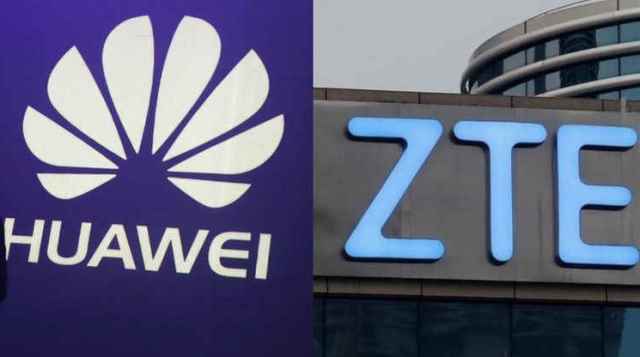The U.S. House of Representatives is scheduled to vote next week on an annual defense bill allocating over $3 billion to assist American telecom companies in removing and replacing equipment from Chinese manufacturers Huawei and ZTE.

This move addresses longstanding concerns about national security risks associated with such gear in U.S. wireless networks, Reuters news report said.
The 1,800-page bill, released late Saturday, also includes provisions targeting China’s influence, such as requiring reports on Chinese efforts to bypass U.S. national security regulations and an intelligence assessment of China’s advancements in biotechnology.
The Federal Communications Commission (FCC) has estimated the cost of replacing insecure equipment at $4.98 billion. However, Congress had previously approved only $1.9 billion, leaving a $3.08 billion funding gap.
FCC Chair Jessica Rosenworcel, who has stepped down from the position in the wake of the election of Donald Trump as the next President of the U.S., recently emphasized the urgent need for additional funding, warning that delays could compromise national security and disrupt connectivity in rural areas across the nation.
Jessica Rosenworcel has cautioned that without adequate funding, some rural carriers might shut down their networks, potentially leaving regions without service, including critical 911 emergency systems.
In 2019, Congress directed the FCC to require telecom providers receiving federal subsidies to remove Chinese equipment. This mandate has since gained bipartisan support. Competitive Carriers Association CEO Tim Donovan has welcomed the latest funding proposal, stating it is essential for maintaining connectivity for millions of Americans.
Senate Commerce Committee Chair Maria Cantwell has explained that the new funding, along with up to $500 million earmarked for regional tech hubs, will be financed through revenue generated by a one-time auction of advanced wireless spectrum in the AWS-3 band. This auction aims to meet the growing demand for wireless services while supporting critical infrastructure improvements.
